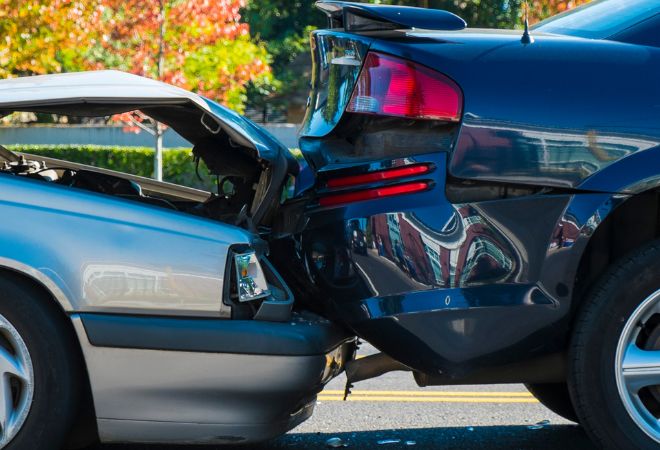If a driver has no idea about the different types of insurance, he may not understand which insurance will cover the cost of his vehicle respiration and also the medical expenses. So, every vehicle owner and driver must have a clear concept of it.
In this article, we are going to discuss no-fault auto insurance and its necessity.
What is no-fault insurance?

A no-fault insurance is also known as ‘personal injury protection’ (PIP). The no-fault insurance bears the medical bill of the driver and the passengers. Moreover, it bears the cost of repairing the damaged vehicle.
If your vehicle is lost by a theft, storm, or vandalizing, the no-fault insurance insurance policy will not give you the compensation. To get the repairing cost or the compensation in these events, you must get a comprehensive coverage insurance.
What does a no-fault auto insurance cover?
There are several occurrences that are covered by no-fault auto insurance.
i) The medical expenses for the bodily injury of both of you and your passengers.
ii) Any significant damage to your vehicle which is caused by the mistake of another driver.
iii) Any financial loss by the accident. Medical bill coverage is also in this one.
iv) If your passengers should abstain from working, the no-fault auto insurance will cover the expenses of loss of their wages.
v) Childcare cost after the accident is included in this insurance.
vi) If any passenger is died by the accident, his funeral cost will be borne by no-fault auto insurance.
Is no-fault auto insurance mandatory in every state of the USA?

No, in 12 states no-fault auto insurance is mandatory.
Florida, Kansas, Pennsylvania, Massachusetts, Kentucky, Hawaii, Michigan, New Jersey, New York, Minnesota, North Dakota, and Utah are the cities where you must have a no-fault auto insurance.
What is a no-fault state?
The ‘no-fault’ state is a specific type of state in the view of insurance policy. A no-fault state is a place where you should open your own insurance policy to recover the vehicle damage and the bodily injuries of you and your passengers.
So, a ‘no-fault’ state does not consider who is reliable for the accident. If it is considered, the city will be an ‘at-fault’ state.
What is the difference between at-fault and no-fault accidents?
If any accident happens in an at-fault city, each driver is not reliable for repairing his own vehicle and fulfilling the medical cost. Instead, there will be a review and the reliable person should pay the entire cost of his and the other driver’s vehicle repair and medical cost.
To get the proper judgment, you have to go to a lawyer. If it is proved that you are not reliable for the accident, you will get the entire compensation from the other party.
But, if the party has no insurance, or is unable to pay your cost, your uninsured or underinsured auto insurance policy will cover the cost of repairing your car.
But, these rules are not in a no-fault state. Instead, each driver should repair his own car and pay the medical bill of his own and the passengers.
How to buy a no-fault auto insurance policy?

It is a simple task to buy a no-fault auto insurance. Significantly, it is more simple if taking a personal injury protection (PIP) is an optional task. Now, we are providing some steps, you should consider them carefully and follow every step to get the insurance.
Step 01: Measure your necessity
Every insurance company in every state mentions how much insurance coverage it will fulfill. So, you must decide to take the insurance after measuring your necessity. If you think that, the respiration cost of your vehicle will be more than the coverage of the company after a single accident, you should avoid it.
The insurance premium is also an important element that should be judged carefully.
Kevin Nicholas is an automotive technician who is a genius at software and hardware-related issues. He manually tested more than a hundred OBD scanners and gave his honest opinion on whether the device was worth the money or not. His in-depth OBD review articles help people choose the right product, whether it is a European, American, or Asian vehicle. He completed his Automotive Specialized Training Course at Universal Technical Institute and has more than 15 years of experience in the field.
Summary of Contents

